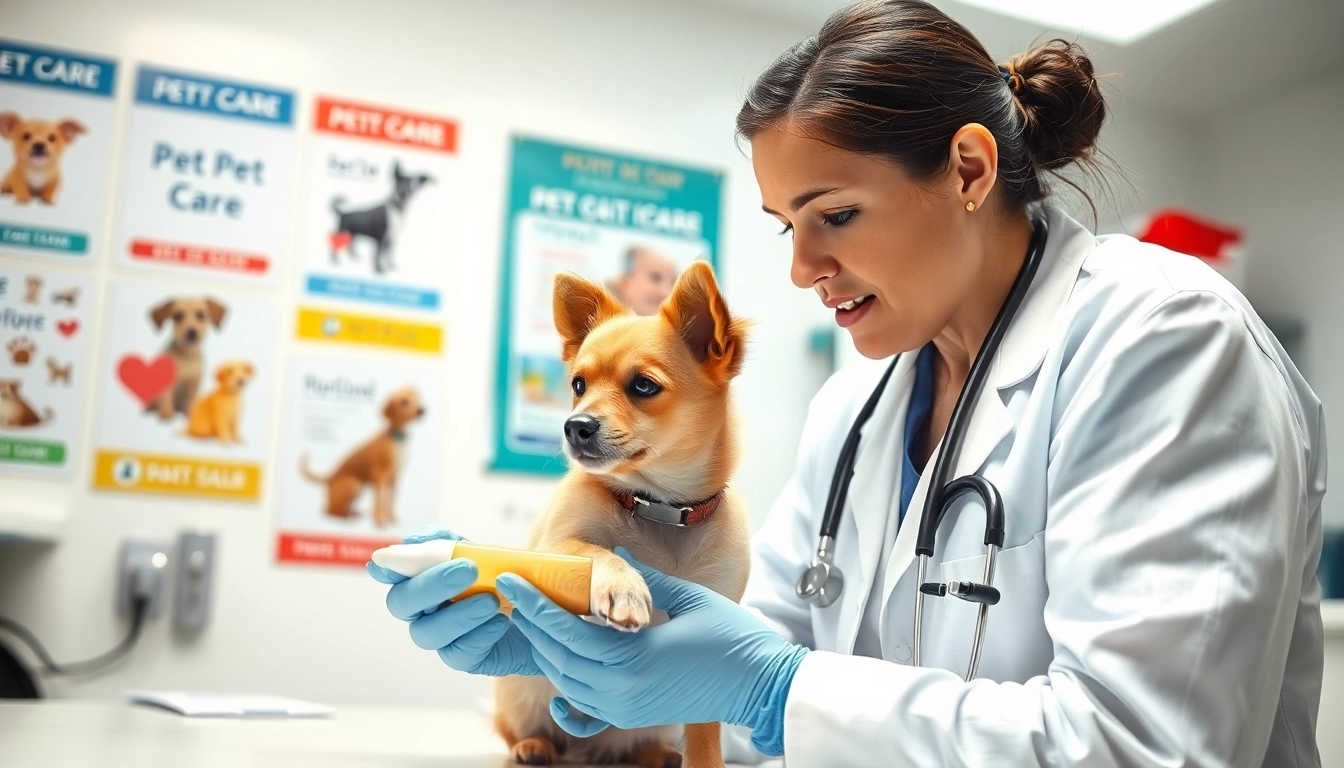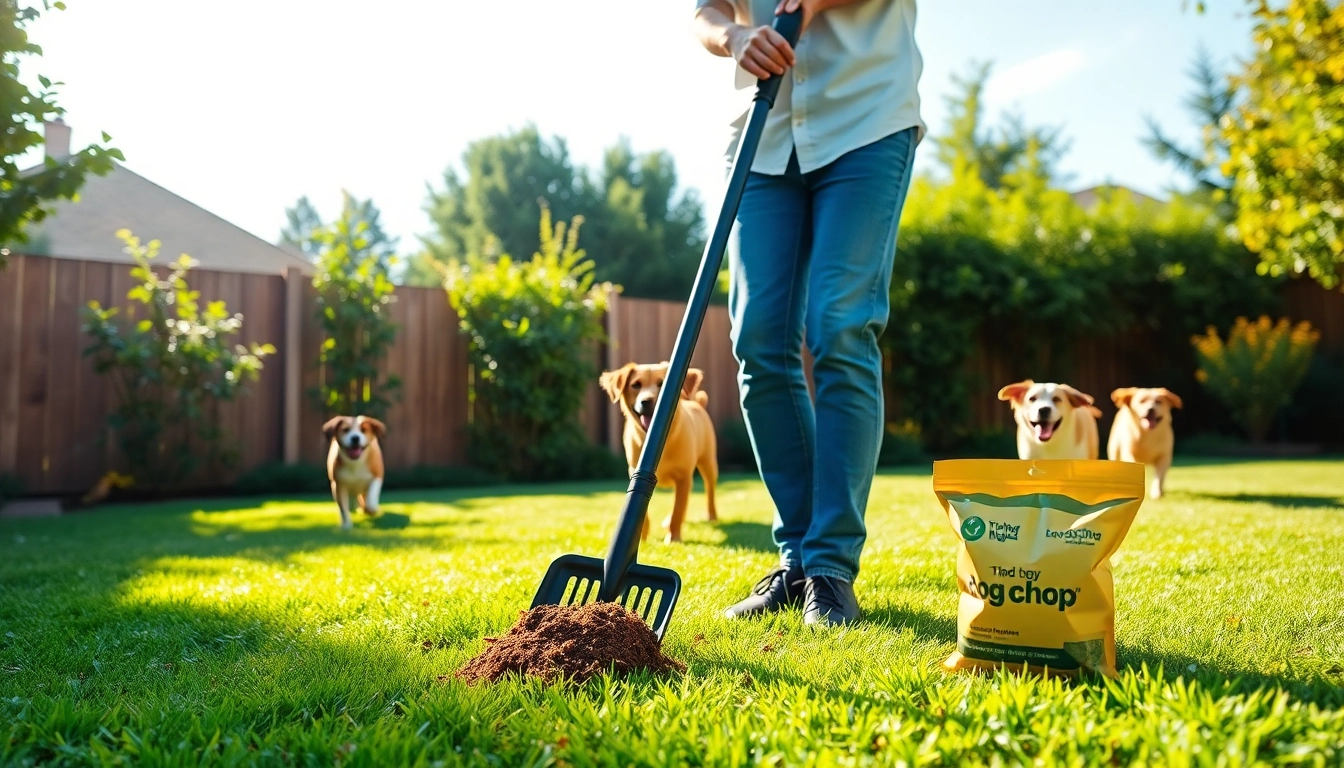Introduction to Dog Urine Odor
As a dog owner, you may have encountered a perplexing and often unpleasant situation: the distinct odor of your dog’s urine. While it’s common for dog urine to have some level of smell, an unusually strong or foul scent can be alarming. This leads to the question: why does my dogs pee smell so bad? Understanding the factors that contribute to this issue is essential for ensuring your dog’s health and well-being.
Common Reasons Why Does My Dogs Pee Smell So Bad
The odor of dog urine can be attributed to several reasons, which can generally be categorized into health-related factors, dietary influences, and behavioral issues. Understanding these common reasons helps to discern whether the odor is a benign quirk of your dog or a sign of a more serious problem.
Understanding Urine Composition in Dogs
Dog urine is primarily composed of water, waste products, and various chemicals. The concentration of these elements often determines the strength and character of the smell. Urea, creatinine, uric acid, and various electrolyte levels contribute to the overall scent.
Signs Indicating a Health Issue
Paying attention to your dog’s urine and its smell can serve as an indicator of your dog’s overall health. A strong or particularly foul odor, combined with other symptoms such as changes in drinking habits, frequent urination, or lethargy, can signal a need for veterinary attention.
Underlying Health Concerns
Urinary Tract Infections and Their Effects
One of the most common causes of strong-smelling urine in dogs is a urinary tract infection (UTI). Infections can lead to inflammation and changes in the chemical composition of urine, resulting in an acrid or ammonia-like smell. If your dog exhibits signs of a UTI, such as straining to urinate or blood in the urine, prompt veterinary care is essential.
Kidney Issues and Their Role in Odor
Kidney-related problems can also manifest through foul-smelling urine. Conditions such as kidney disease can cause urine to have a strong odor due to an imbalance in waste product processing. Dogs with renal issues may show other symptoms, including excessive thirst and weight loss, and should see a veterinarian for diagnosis and treatment.
Diet and Its Impact on Urine Smell
What your dog consumes directly affects the smell of their urine. Diets high in protein or certain ingredients, such as asparagus or garlic, can produce notably strong odors. Additionally, low-quality commercial dog foods containing fillers and artificial additives can exacerbate the issue. Transitioning to a balanced and high-quality diet can help reduce unpleasant urine odors.
Behavioral Factors Contributing to Strong Odor
Marking Behavior in Dogs
Dogs often engage in marking behavior, which involves urinating to establish territory. This behavior can lead to concentrated urine deposits that may emit a strong odor. Regularly cleaning marked areas and reducing your dog’s desire to mark can help manage this issue.
Hydration Levels and Their Influence
Hydration plays a crucial role in urine odor. Dehydrated dogs produce concentrated urine, which can smell more potent. Ensuring your dog has constant access to clean water encourages them to stay hydrated and can help in diluting urine, thereby reducing odor.
Impact of Stress on Urine Character
Stress can influence various aspects of your dog’s behavior, including their urination patterns. Increased levels of stress may lead to changes in urine composition that result in a more pungent smell. Providing a calm environment and social interactions can relieve stress in your dog.
Preventative Measures and Home Remedies
Best Practices for Dog Hygiene
Maintaining proper hygiene for your pet can significantly reduce urine odors. Regular bathing, grooming, and cleaning of areas where your dog frequently urinates are important practices. Utilizing enzyme-based cleaners can effectively eliminate lingering smells in your home.
Natural Remedies to Reduce Odor
There are various natural remedies to help mitigate urine odor. Ingredients such as apple cider vinegar and baking soda can be beneficial for cleaning pet areas. Additionally, cranberries are known to promote urinary health, potentially reducing the risks of infections that cause foul-smelling urine.
Diet Adjustments for Healthier Urine
To promote healthier urine and reduce odor, consider adjusting your dog’s diet. Incorporating foods rich in antioxidants and low in fillers can improve overall health. Attend to any specific dietary needs guided by your veterinarian to ensure optimal health outcomes for your pet.
When to Consult a Veterinarian
Recognizing Severe Symptoms
If your dog demonstrates severe symptoms alongside strong-smelling urine, it is crucial to consult a veterinarian. Symptoms such as blood in the urine, persistent foul odor despite dietary adjustments, or significant behavior changes warrant immediate attention.
Diagnostic Tests to Consider
When evaluating a dog with malodorous urine, veterinarians may conduct various diagnostic tests. Urinalysis can uncover infections, crystals, and other underlying issues affecting urine composition. Blood tests may also be performed to assess kidney function and overall health status.
Importance of Regular Health Check-ups
Regular veterinary visits play a supportive role in preventing and identifying health issues early. Routine examinations can catch potential problems before they escalate, ensuring your dog maintains a healthy and pleasant odor.



